This post contains affiliate links. Please see our disclosure policy.

Are You Drinking Enough Water?
Discover Five Unexpected Reasons Why Staying Hydrated is so Important
Summer is just around the corner, which means temperatures are rising and, for most people, more time spent outdoors. This brings an increased need to make sure you’re staying hydrated. While you may already be somewhat familiar with the importance of drinking enough water, there are even more reasons why staying hydrated is so important for your health, and some may surprise you!
Keep reading to learn about why drinking enough water matters so much, how to help determine how much water your body needs, and tips for staying hydrated this season.
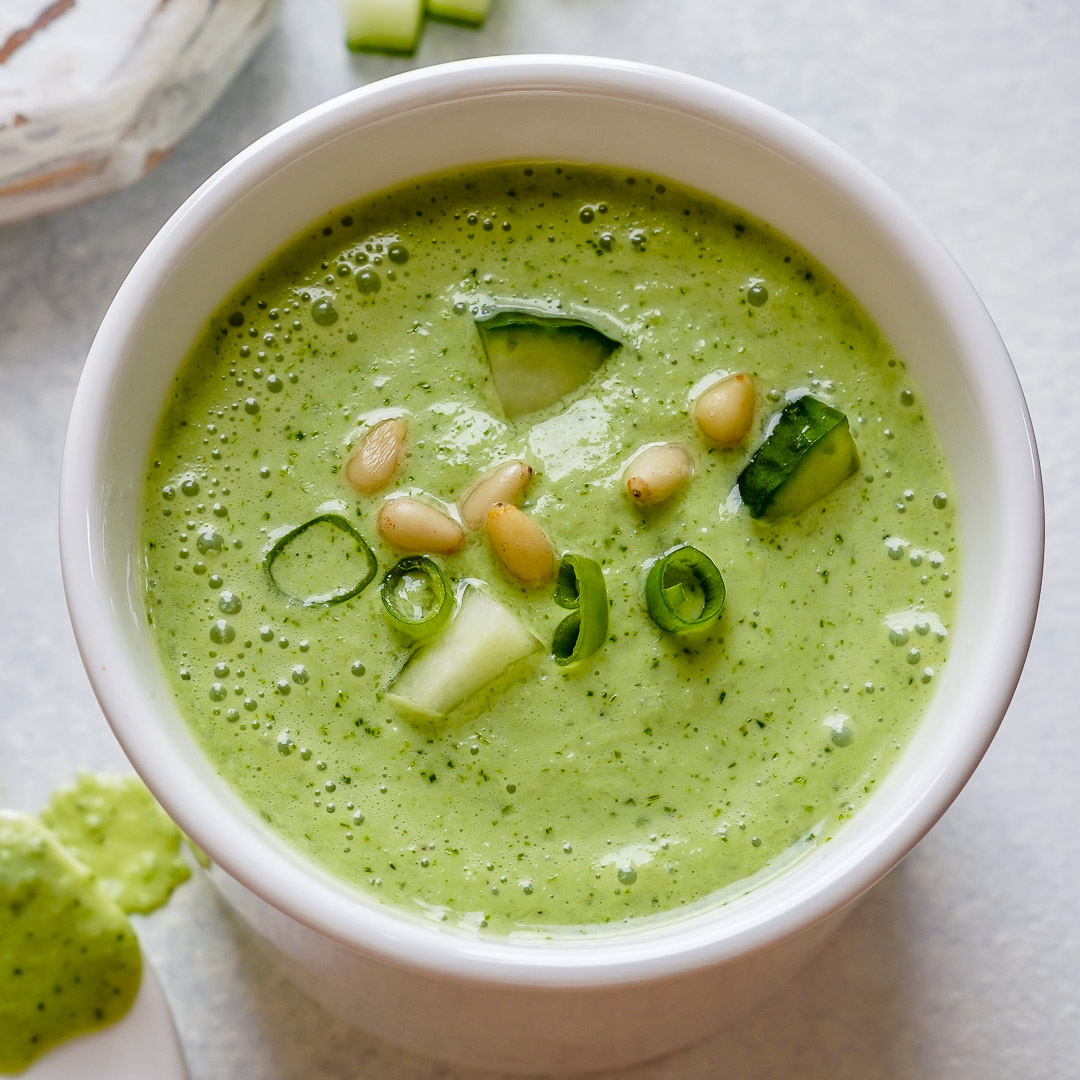
Try our Cold and Refreshing Cucumber Soup to Help Hydrate and Heal!
Why is Staying Hydrated so Important?
Your body is made up of about 60% water. That fact alone provides a lot of insight as to why staying hydrated is so important. Water is essential to life, and humans can only survive a few days without water.
Water plays a role in nearly every system in your body, including your heart, brain, blood, muscles, and other vital organs for life. Yet, the importance of water extends beyond basic needs. Many of its benefits are either unknown or often overlooked.
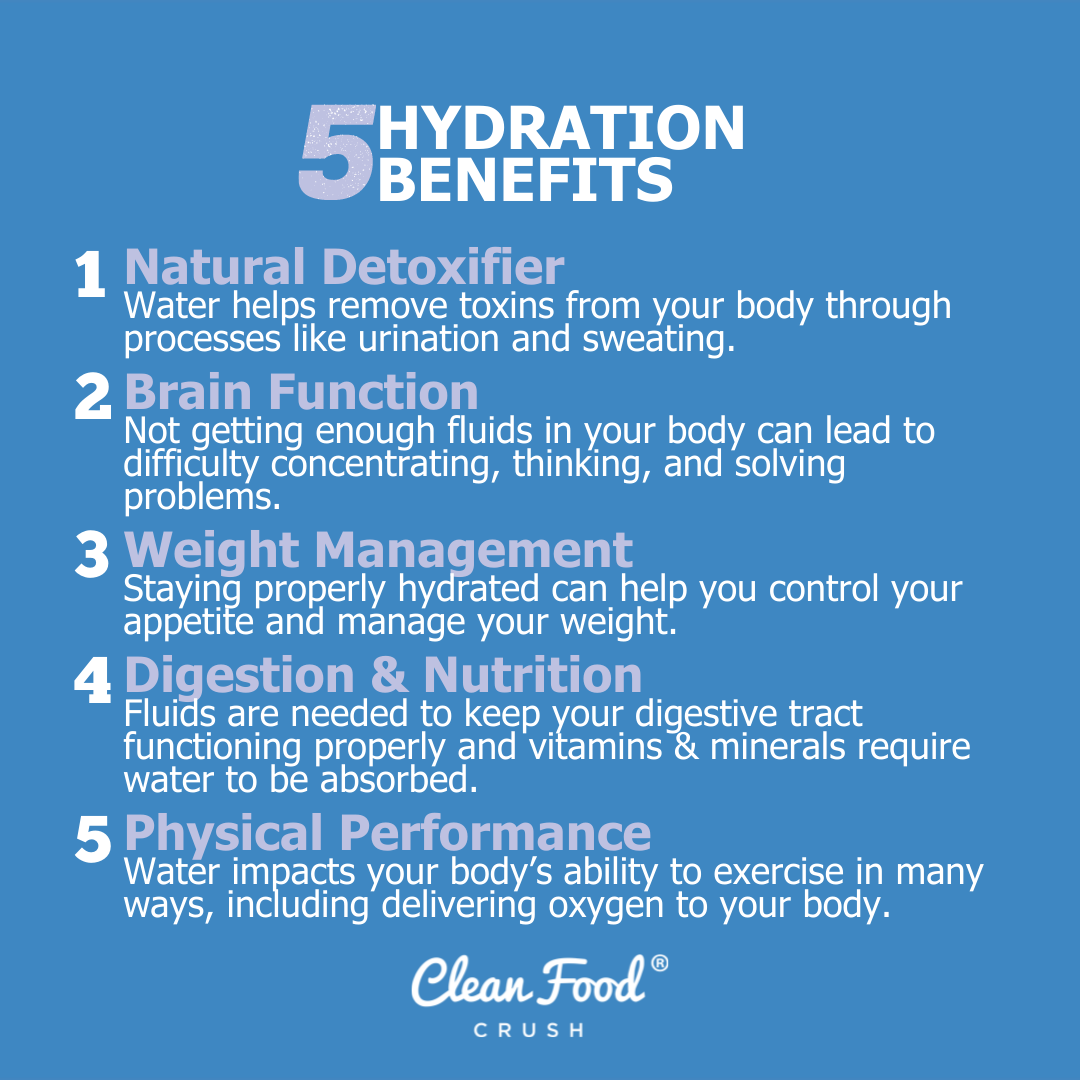
Here are 5 Unexpected Benefits of Staying Hydrated:
Natural detoxifier–Water helps remove toxins from your body through processes like urination and sweating. Water also helps keep your bowels moving properly, which is another main way your body eliminates waste products. Fewer toxins in your body means a reduced chance of developing disease and illness.
Supports brain function-Not getting enough fluids in your body can lead to difficulty concentrating, thinking, and solving problems. People who don’t drink enough water are also more prone to experiencing headaches and migraines.
Can help you achieve or maintain a healthy weight– Thirst can often be disguised as hunger. Staying properly hydrated can help you control your appetite and manage your weight. Replacing sugary beverages with water is also a highly effective way to reduce calories and help achieve weight goals.
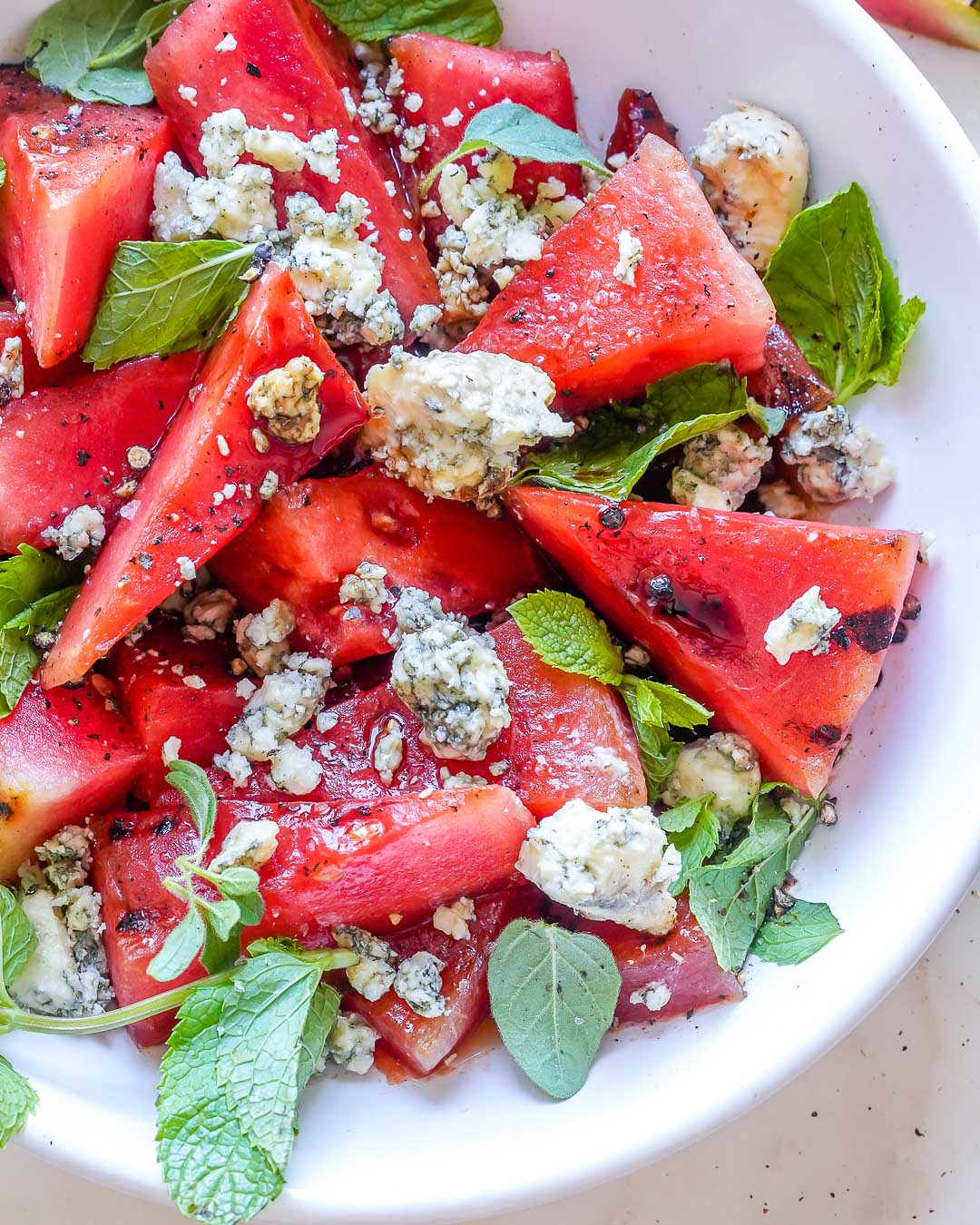
This Grilled Watermelon + Blue Cheese Salad will quench your thirst and curb your cravings at the same time!
Helps with digestion and absorption of nutrients– Water is a major component of your saliva, which starts the process of digestion, and fluids are needed to keep your digestive tract moving and functioning the way it should. Since many vitamins and minerals require water to be absorbed, staying hydrated can also help protect against nutrient deficiencies.
May boost your physical performance– Water impacts your body’s ability to exercise in many ways. It does this by delivering oxygen to your body through your blood, keeps your heart pumping the way that it should to support endurance, helps regulate your body temperature to prevent overheating, and lubricates your joints to protect against injury. It is super important to make sure you drink enough water before, during, and after exercise.
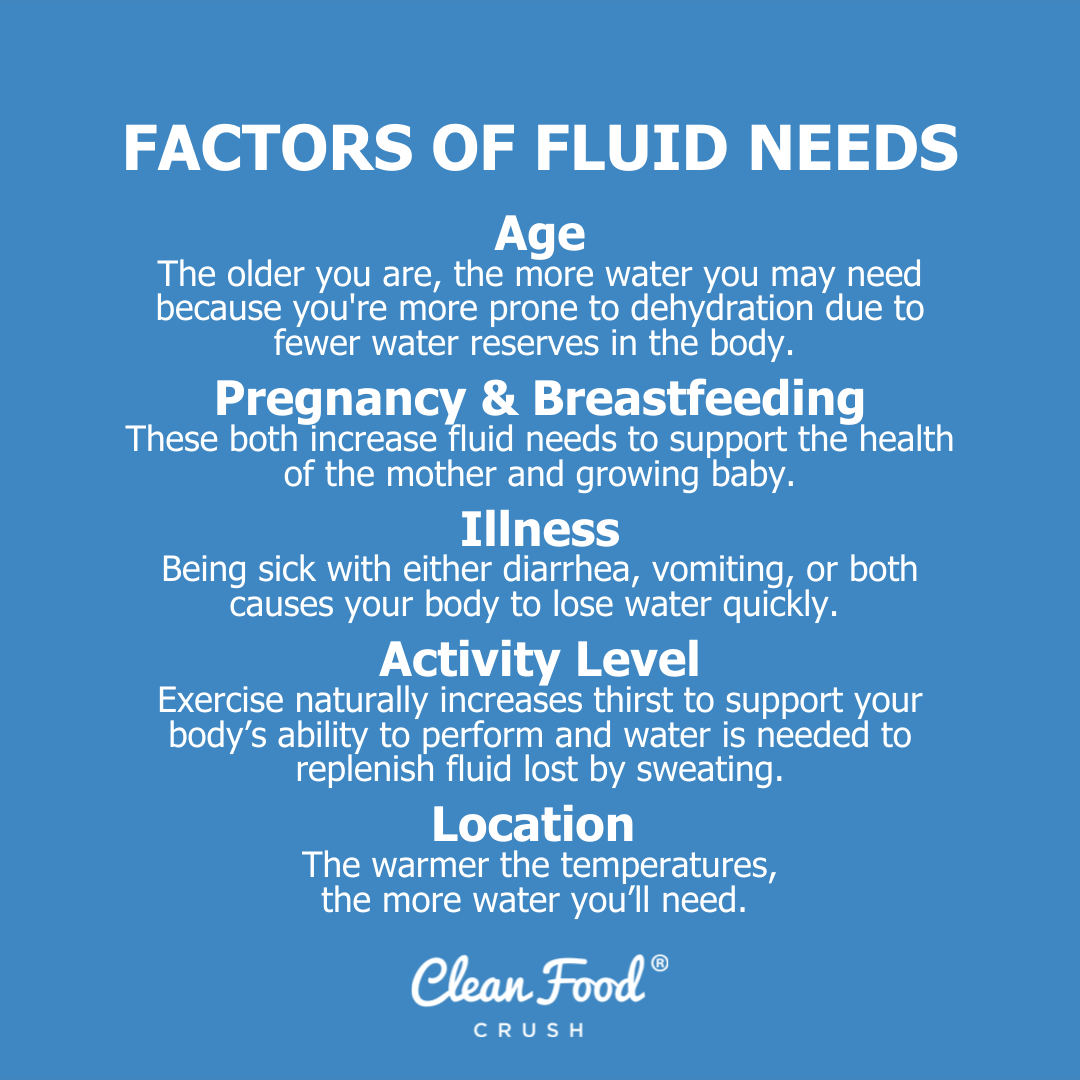
How Much Water Do You Need?
You may have heard that you need to drink 8 glasses of water each day. However, actual the amount of water you need varies greatly depending on many factors.
Some Factors that Influence Your Fluid Needs Include:
Age– The older you are, the more water you may need. This is especially true for elderly adults, who are the most prone to dehydration due to fewer water reserves in the body and a lower sense of thirst.
Pregnancy and breastfeeding– these both increase fluid needs to support the health of the mother and growing baby.
Illnesses– being sick with either diarrhea, vomiting, or both causes your body to lose water quickly. Dehydration can develop quickly if water intake isn’t increased. In addition, conditions such as kidney stones and urinary tract infections increase your water needs to help your body heal. On the flip side, though, are conditions like heart or kidney failure, which actually decrease your fluid needs.
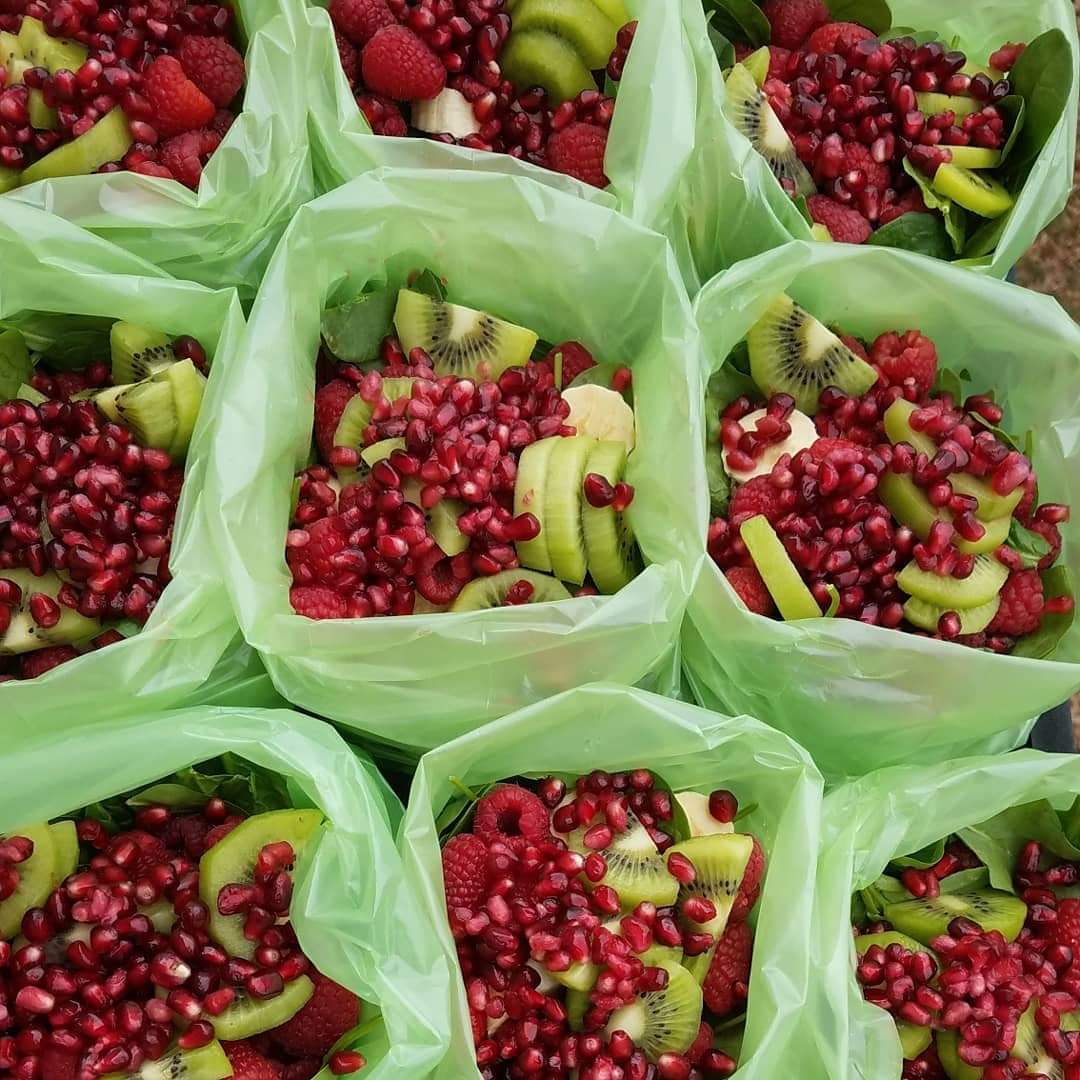
Hydrating Foods + Meal Prep = Summer Energy for Days! Check out these Red Berry Green Smoothie Prep Packs for all kinds of energizing goodness!
How active you are– Exercise naturally increases thirst to support your body’s ability to perform. Since exercise often leads to sweating which causes your body to lose water, it’s crucial to replenish appropriately.
Where you live, and what season it is. The warmer the temperatures, the more water you’ll need.
While it is nearly impossible to precisely determine how much water you need, a simple formula can be used as a good rule of thumb. Simply divide your weight in pounds by 2 to determine how many ounces of water you should aim to drink each day. For example, a healthy person who weighs 160 pounds would need 80 ounces or 10 cups of water as a baseline. The color of your urine can be a good indicator of how hydrated you are. Pale yellow urine is the goal and indicates better hydration, while dark-colored urine can be a sign of dehydration. Other signs of dehydration may include dizziness, dry mouth, low blood pressure, and unexplained weakness or fatigue.
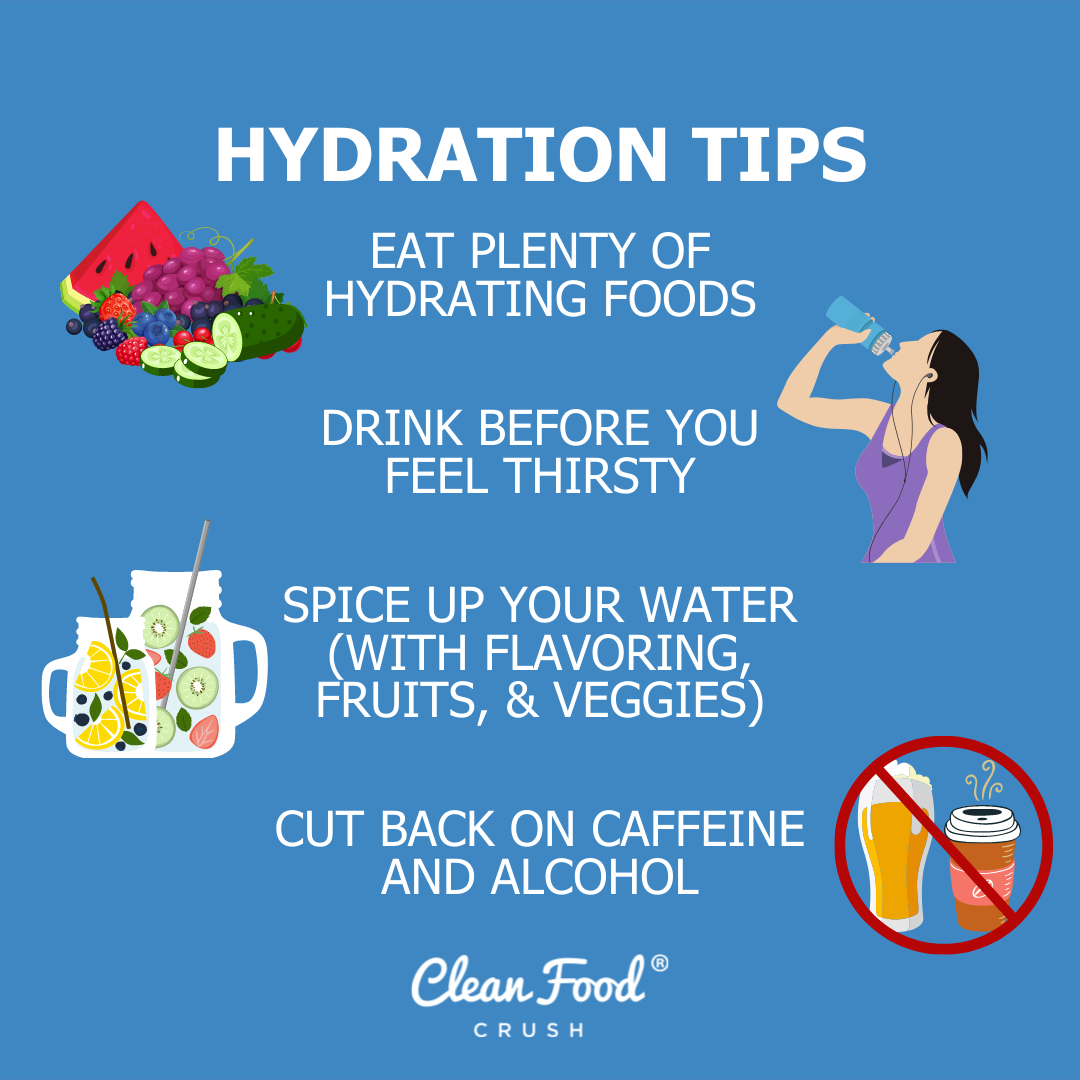
Tips for Staying Hydrated
If drinking enough water is challenging for you, try following these tips to make sure you’re drinking enough.
- Eat plenty of hydrating foods. Examples include cucumbers, berries, citrus fruits, tomatoes, watermelon, bell peppers, and zucchini. These do not replace the need for liquid water, but they can help contribute to your total fluid intake. For simple and delicious recipe ideas, check out these posts here, here, and here!
- Drink before you feel thirsty. It can take time to train your body to become more sensitive to thirst. Try to set a habit of keeping a water bottle near you at all times throughout the day and periodically drink from it regardless of thirst.
- Make your water more exciting. Get creative with flavoring your water with things like lemon, fruits, veggies, and herbs. The vitamin C found in lemons, and other produce serves as an antioxidant and can help improve skin quality, amongst other benefits. Sparkling and unsweetened flavored waters are also great options that may be more appealing to drink.
- Cut back on caffeine and alcohol. Both can serve as diuretics, which make you have to urinate more and lose water.
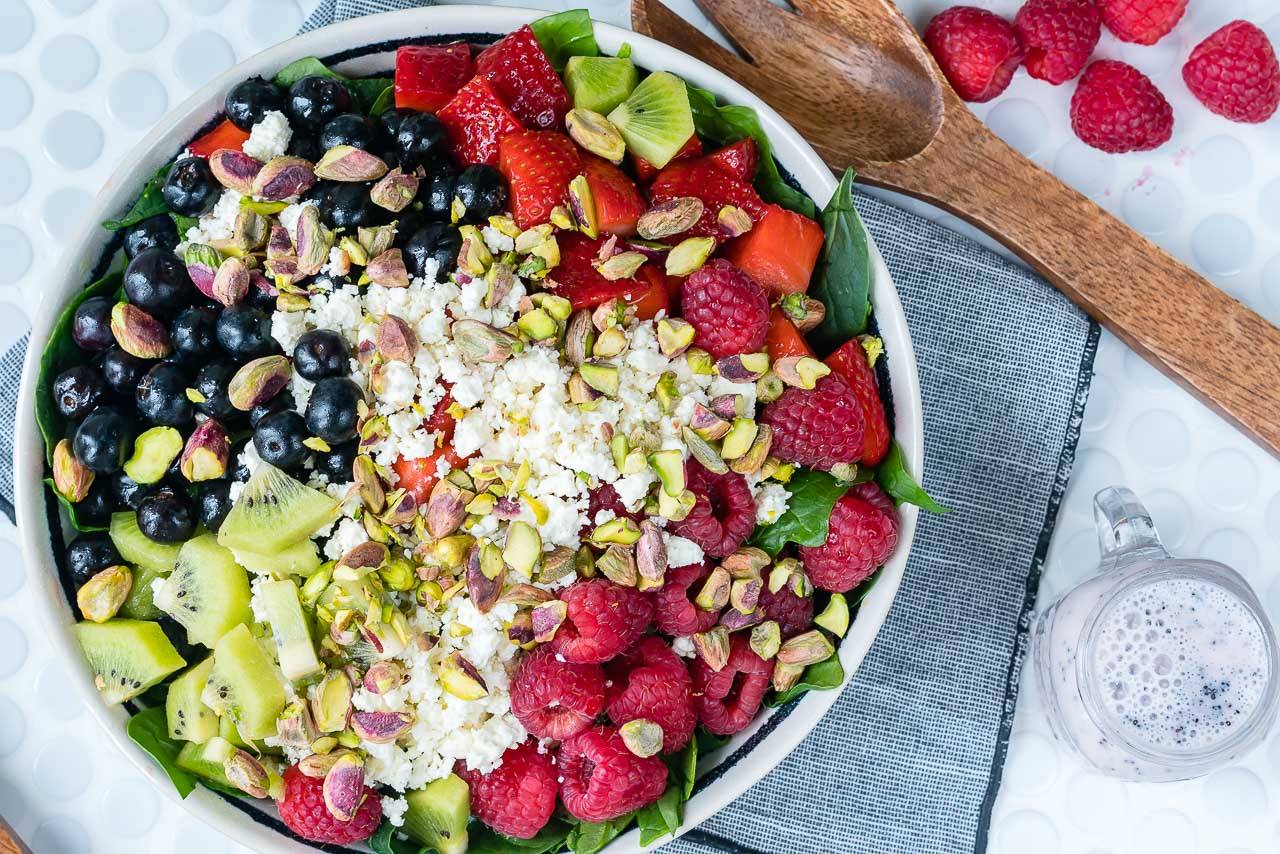
Did someone say “Hydrating Foods?” This Beautiful Berry + Spinach Salad both hydrates and satiates. Give it a try!
Can You Drink Too Much Water?
Unlike food, it is very difficult to overconsume water. While the condition of overhydration does exist and can cause harm to the body, it generally only applies to people with health conditions like heart, kidney, and liver failure. The average healthy person does not generally need to worry about drinking too much water.
In Summary:
Water truly is so essential to life and all aspects of your health, so make sure you’re getting enough!





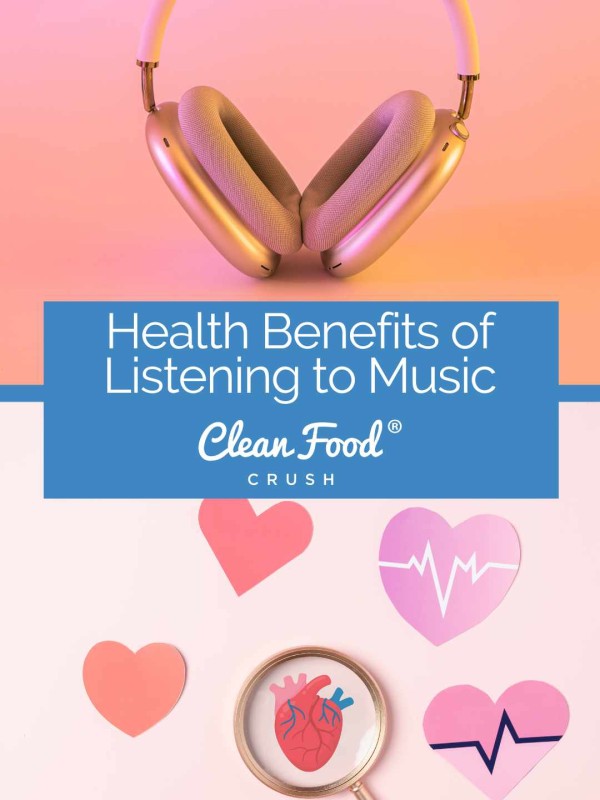



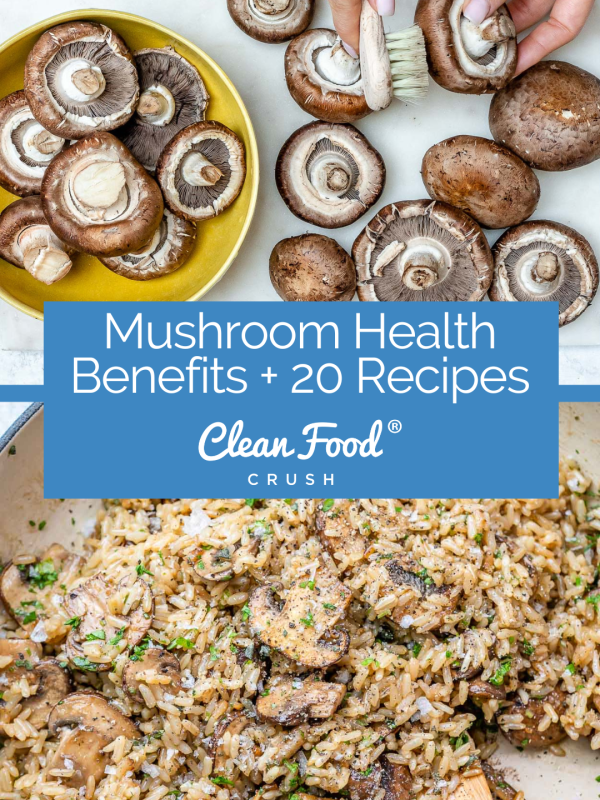










[…] Hydration is vital for every aspect of health and helps to keep you from overeating. […]